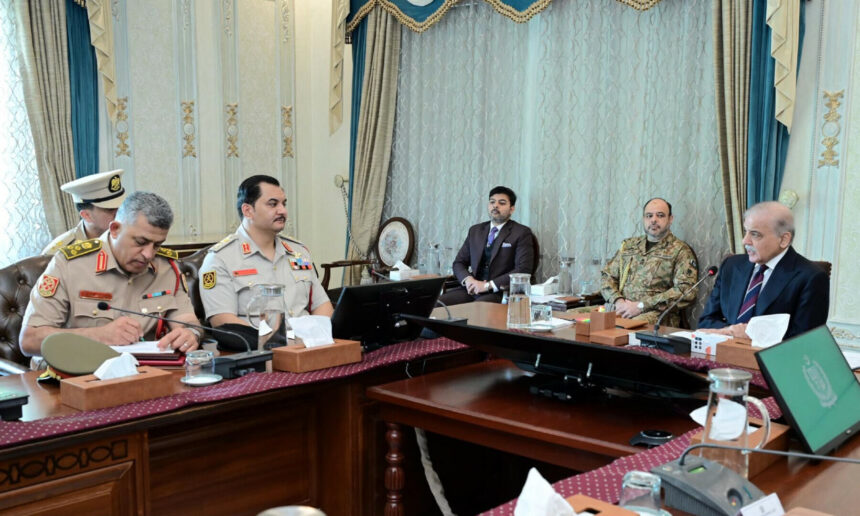On Friday, July 18, 2025, Pakistan and Libya took a significant step toward deepening their defense and security cooperation, agreeing to pursue defense industrial collaboration and exchange technical expertise. This development followed a high-level meeting in Rawalpindi between Lieutenant General Saddam Khalifa Haftar, Commander-in-Chief of the Libyan Armed Forces, and Pakistan’s Chief of Army Staff, Field Marshal Syed Asim Munir, at the General Headquarters (GHQ).
The meeting, as reported by Pakistan’s Inter-Services Public Relations (ISPR), focused on mutual interests, evolving regional dynamics, and security challenges. Both leaders emphasized the need for enhanced military-to-military ties, including joint military exercises, intelligence sharing, and training exchange programs. While specific details of arms sales or defense equipment were not disclosed, the agreement underscores a commitment to collaborate on defense manufacturing and technical expertise to counter threats such as terrorism and regional instability.
This collaboration builds on historical ties between Pakistan and Libya, which date back to the Cold War era when Libyan leader Muammar Qaddafi referred to Pakistan as “the fort of Islam” during the 1974 Organization of Islamic Cooperation summit in Lahore. The renewed partnership reflects Pakistan’s growing emphasis on expanding its defense diplomacy footprint beyond South Asia, particularly in North Africa and the Middle East, amid a volatile regional security environment. Libya, grappling with internal unrest following clashes in Tripoli in May 2025, seeks to bolster its security apparatus, while Pakistan aims to strengthen its strategic influence in the MENA region.
The Pakistan-Libya defense collaboration is a mutually beneficial step, with Pakistan offering its expertise in counterterrorism and defense production, and Libya gaining access to professional military training and technology. As both nations navigate evolving security challenges, this partnership could pave the way for deeper strategic ties in the MENA region, enhancing Pakistan’s role as a key player in global defense diplomacy.


Leave a Reply